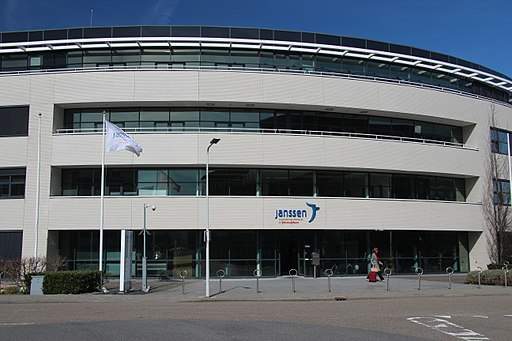
The Janssen Pharmaceutical Companies, part of Johnson & Johnson (J&J), has announced positive results from the Phase III trial of psoriasis drug Tremfya (guselkumab). The findings, which demonstrated the drug’s ability to offer long-term alleviation of symptoms in adult patients with moderate to severe plaque psoriasis, were unveiled at the 2018 American Academy of Dermatology (AAD) Annual Meeting in San Diego.
Plaque psoriasis is the most common form of psoriasis, a painful condition for which there is currently no cure. Janssen’s study, dubbed VOYAGE 2, tested the efficacy of guselkumab on patients compared to placebo, and existing psoriasis treatment adalimumab. Additionally, guselkumab maintenance therapy was tested against withdrawal of therapy.

Discover B2B Marketing That Performs
Combine business intelligence and editorial excellence to reach engaged professionals across 36 leading media platforms.
The study is part of the registration trial of a medication that selectively targets interleukin-23 (IL-23), a cytokine that is a central driver of the immune inflammatory response in psoriasis. Guselkumab received approval for market authorisation in Europe in November 2017 and is also approved in the US and Canada, with J&J maintaining exclusive worldwide marketing rights. Treatment consists of two starter doses, one at the beginning of treatment and the second four weeks later, followed by a maintenance dose once every eight weeks.
Findings showed a high efficacy response rate of continued guselkumab treatment compared with withdrawal. Of the patients with moderate to severe psoriasis receiving guselkumab, 86% who achieved a 90% improvement in the Psoriasis Area Severity Index (PASI 90) at week 28, maintained a PASI 90 response with continuous treatment up to week 72.
The majority of patients originally randomised to guselkumab but withdrawn from treatment at week 28 regained a PASI 90 response within six months of starting guselkumab treatment. Of the 173 patients who were withdrawn from receiving guselkumab, 87.6% achieved a PASI 90 response within six months of commencing retreatment, while only 11.5% of patients withdrawn from treatment maintained a PASI 90 response. Side effects were seen in around 5% of guselkumab-treated patients during the first 16 weeks of the VOYAGE 1 and 2 trials. These included nasopharyngitis, upper respiratory tract infection, injection site erythema, headache, arthralgia, pruritus and back pain.
“Psoriasis can be a painful and physically debilitating condition. Furthermore, many people with psoriasis still face social exclusion, discrimination and stigma.” EMEA Medical Affairs Director for Dermatology Dr Bulent Ozturk told Drug Development Technology. “At Janssen, our mission is to transform individual lives and fundamentally change the way diseases are managed…psoriasis treatment isn’t just about skin clearance, all elements of disease control are important…success for Janssen means that we can offer people living with psoriasis the chance of better, and more sustained control of their disease.”

US Tariffs are shifting - will you react or anticipate?
Don’t let policy changes catch you off guard. Stay proactive with real-time data and expert analysis.
By GlobalData“By continuing to advance our scientific knowledge of inflammatory conditions like psoriasis, we aim to achieve our ultimate goal of providing maximum levels of skin clearance to treat the full range of patients with psoriasis.” Ozturk added. “As we continue to access emerging science, we look to identify opportunities for early prevention, interception and long-term remission of this disease.”





